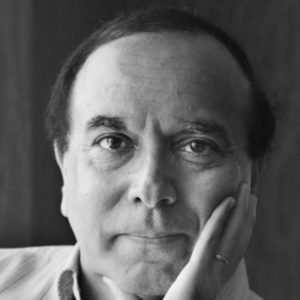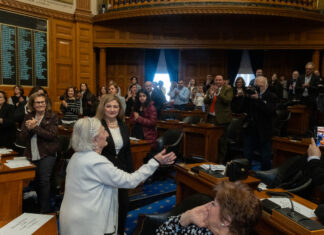By Raffi Bedrosyan
The term ‘remnants of the sword’ or ‘kilic artigi’ in Turkish is quite widespread in Turkey. It describes the members of an enemy group that survived the mass killing by Turks and now continue living among the Turks despite the threats, dangers and insults. This term is generally used to define the remaining minority Armenians, Assyrians or the Pontic Greeks after the genocides during the First World War. For example, the surviving Armenian orphans taken in by Turkish or Kurdish homes, were called ‘remnants of the sword’. But recently, the term has been transformed into a more ominous meaning. Just like the word ‘Armenian’ which is used to swear or insult during an argument, as in ‘Armenian bastard’, or ‘Seed of Armenian’, Turks have recently started using the term ‘remnant of the sword’ to insult one another. A politician calls an opponent in Parliament a ‘remnant of the sword’ to imply that the opponent has family roots mixed with Armenians, or the President refers to Kurdish militants as ‘terrorists originating from the remnants of the sword’.
For the Armenians and the hidden Armenians who are the descendants of the genocide survivors, the real ‘remnants of the sword’, it is truly painful to hear this term, for whatever reason it is used. As Garo Paylan, the Armenian MP in Turkish Parliament recently stated, the use of this word is like re-opening an old wound and bleeding again. Many Armenians in Turkey, Armenia or in Diaspora do not need any reminders, as the wound has never closed.
I would like to relate the story of a real ‘remnant of the sword’. As the readers of my book Trauma and Resilience remember, I left Turkey and came to Canada after I found out at age 17 that my own grandmother was a remnant of the sword, who survived the genocide after being deported from Bursa, an hour away from Istanbul, but gave birth to a baby boy along the way who died after ten days during her long and torturous trek toward the Syrian Desert.
One of the first people I met in Canada was an elderly Armenian man who was well known for his cooking skills in Toronto and for organizing the barbecues for church picnics, weddings and other large gatherings. He had a strange scar on top of his bald head, and one day he told me his story of 1915, while we were preparing the meat for another church picnic.
His family was from Tokat, interior of the Black Sea region of Turkey. He remembers he was about 5 years old when the Armenian women and children were ordered to collect their belongings to start the march toward destinations unknown. After a few hours walk from their village, they were stopped and surrounded by a large group of soldiers with bayonets and swords. His mother knew what was to come and immediately hid the little boy under the covers of her long skirt. Then the slaughter began. As his mother was getting stabbed by the bayonets or cut by a sword, the boy’s head also received a cut. And her mother peed on the boy just as she gave her last breath. But the boy survived under his mother’s skirt with the cut in his head.









